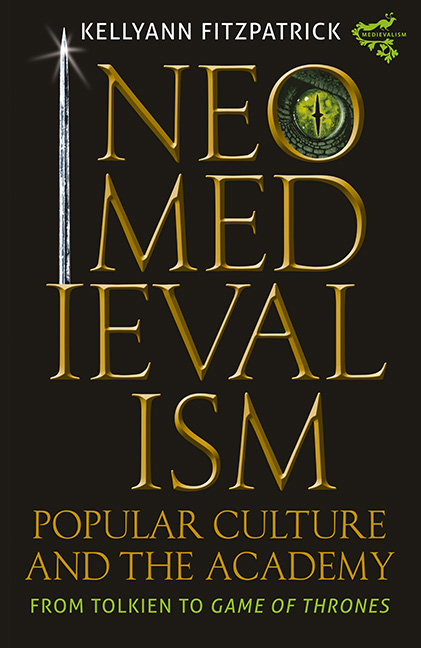Summary
But we are all medievalists now.
Bruce Holsinger, Neomedievalism, Neoconservatism, and the War on TerrorIN HIS 2007 response to the uses of the term “medieval” in the political discourse that followed the terrorist attacks on the United States on September 11, 2001, Bruce Holsinger describes how he was initially drawn to the subject through a New York Times column from September 14, 2001, in which Thomas Friedman states, “This civil war within Islam, between the modernists and the medievalists, has actually been going on for years.” Friedman's column is a warning to Americans to refrain from blindly painting Islam as the source of the terrorist attacks; however, his contrast of the “Osama bin Ladens”/terrorists of the world as “medievalists” with the “Muslim majority” as “modernists” proves particularly troubling for Holsinger due to Holsinger's relationship to the word “medievalist”:
What a curious choice of words, I thought at the time; and as Friedman’s pronouncement quickly became an organizing metaphor for that pervasive metonymy known as the “War on Terror,” the single term “medievalist” continued to nag at my apprehension of September 11 and its aftermath. That my own professional identity coincided precisely with Friedman’s designation for bin Laden became the starting point for an investigation that has led me in a direction I did not expect: an investigation in which my own academic expertise has more often than not seemed frustratingly beside the point. This frustration, in fact, has remained central to my thinking about all that follows here. In standard academic parlance, a medievalist is a scholar of the history and civilization of what we commonly call the Middle Ages, a period stretching roughly from the fifth century of the Common Era through the fifteenth; an era that embraces the final fall of the Roman Empire, the rise and triumph of Islam, and the Crusades fought over Jerusalem and the Holy Land; a millennium that gave us Mohammed, Charlemagne, the Koran, the Book of Kells, courtly love, Ghengis Khan, feudalism, the Jin dynasty, Hildegard of Bingen, St. Francis of Assisi, Dante, Marco Polo, Petrarch, Chaucer, the Aztec Empire, the cathedral of Notre Dame, and the English kings Shakespeare would immortalize in plays such as Richard III and Henry V.
- Type
- Chapter
- Information
- Neomedievalism, Popular Culture, and the AcademyFrom Tolkien to Game of Thrones, pp. xiii - xxiiPublisher: Boydell & BrewerPrint publication year: 2019

